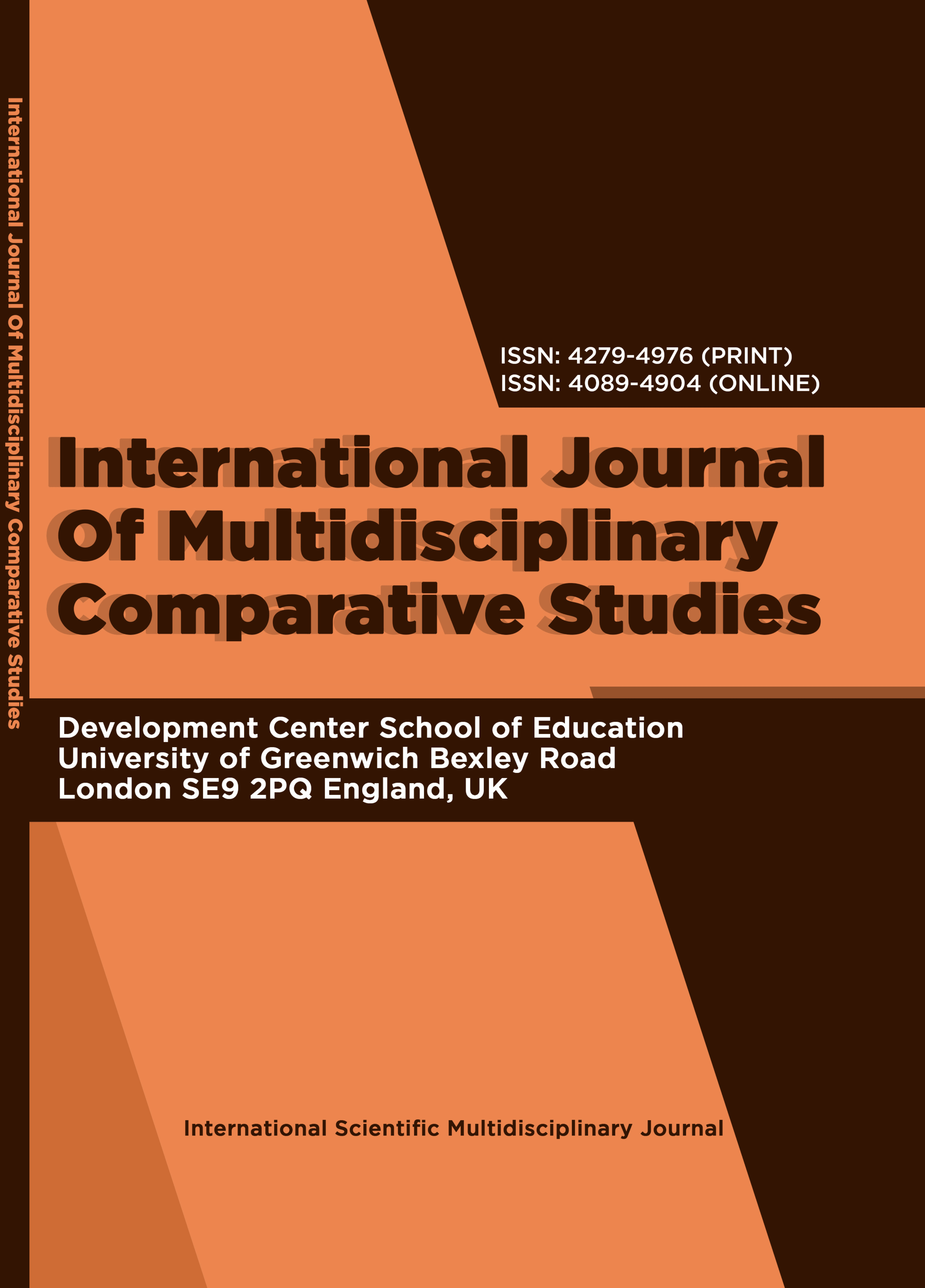INTERNATIONAL JOURNAL OF MULTIDISCIPLINARY COMPARATIVE STUDIES (IJMCS)
Naa Mue Dan and Lela ee Loo Songs of Bari Bii and Kanutete Music Groups as a Corrective Measure for Women in Ogoni Communities
E-ISSN: 4089-4904
P-ISSN: 4279-4976
DOI: https://iigdpublishers.com/article/127
The BariBii and Kanitete music groups are two great music groups that use their song texts to correct illicit behaviours in the communities. The Bari Bii music group is predominant in Khana Local Government Area while the Kanunutete is with preserved in Bodo City of Gokana Local Government Area all in Ogoni communities South South Nigeria. The paper x-ray’s Naa Mue Dan and Lelateeeloof BariBii and Kanutete music groups’ song texts as a corrective measure for women in Ogoni communities, women are members of the Bari Bii and Kanutete music groups but they are relegated to the background, due to their gender, the two music groups perform within and outside the communities without the participation of the women. The Bari Bii music group that admit women as their members do not take them serious because when they get married they take care of their family and sometimes their husbands stop them from being members of the group, while the Kanutete music group do not admit women in their group, the roles of women in Kanutete music group are to fetch water and sew their clothes with needle and thread. This study will benefit women in Ogoni communities to make attitudinal change and embrace culture. Primary and secondary methods where applied, at the primary source oral interview was conducted through observation, imitation and participation with the music groups, at the secondary method, books, journals thesis, libraries where consulted. It was discovered that through this song texts women are careful not to be ridiculed in the community with the songs and also serve as a connective measure to the younger generation. In recommendation therefore, the song texts should mention the names of the women who has committed the illicit behavior instead of using fictions names to fish out the culprit.
Ezebube Augustina C. PhD
Ahiauza, B, & Chibo, O.C.A; (2005) women participation in community development in Nigeria journal of gender studies (211 63 – 73).
Agu, D. C. C, (1990). The primary of music in Igbo traditional religion. In Ekpunobi and I. ezeoku (Eds.).Socio-philosophical perspective of African traditional religions. Akwa.
Ibekwe, E.U, (2012). Gender Identity: A force in Igbo Traditional musical practices. Journal of Nigeria musicologist (ANH), 137 – 144.
kafor, R. C, & Okafor, C. U (2009). Music and national development in Nigeria. Enugu: New generation Books.
Olisacke, F. I, (2007) Piano composition in contemporary Nigeria: A suney need for traditional elements, interlink journal of Research in music, 4 25 – 39.
